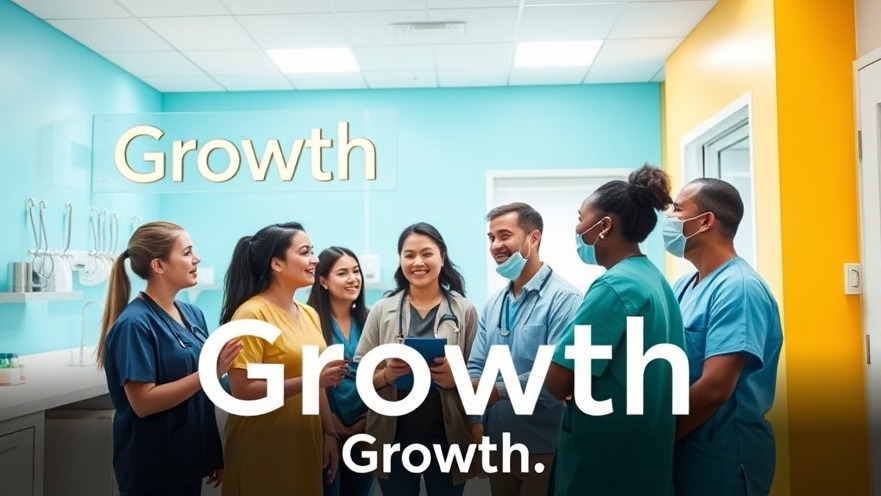
Unlocking Potential: The Hidden Value of Your Hygiene Department
For many dental practices, the hygiene department is viewed primarily as a means of ensuring patients maintain their oral health. However, a fresh perspective reveals that this department holds considerable potential for growth, relationship-building, and patient retention. Dr. Emily Johnson, a solo practitioner in suburban Pennsylvania, why understanding and maximizing the role of hygienists could transform her practice.
Hygienists: More Than Just Mouth Janitors
Historically, dental hygienists have been stereotyped as mere “mouth janitors,” whose role is limited to cleaning teeth. This perception undermines the multifaceted value they contribute to a dental practice. Hygienists are integral in educating patients about their oral health, detecting early signs of oral disease, and even discussing treatment options with patients. They establish a trusting relationship that can help improve patient compliance and long-term care.
Building Trust Through Communication
The communication strategies employed in the hygiene department can greatly influence a patient's perception of care. Regular communication about treatment plans, health goals, and feedback helps bridge the gap between hygienists and patients. During routine check-ups, encouraging open dialogues can enhance the understanding patients have about their dental health and the role they play in it.
The Power of Team Dynamics in Growth
Involving the entire dental team in discussions about patient care enhances a practice's overall growth strategy. As discussed by ACT dental experts, teams should regularly review their performance and get feedback from all members. This makes the workforce feel valued, which translates into higher morale and a better patient experience. It's essential to foster not only communication among hygienists and patients but also intra-team communication.
Data-Driven Decisions: Benefits of Tracking Performance
Practices should leverage data analytics to track the performance and effectiveness of their hygiene department. By monitoring metrics such as patient retention rates and the number of referrals, practices can implement informed changes to improve their operational strategies. Data can also highlight areas where hygienists excel, which can be used to tailor individualized training programs to enhance their skills.
Adapting to Change: The Future of Dental Hygiene
With the rise of new technologies and telehealth in dentistry, the role of hygiene professionals will continue to evolve. Incorporating digital tools into the hygiene workflow can lead to greater efficiency and patient engagement. Future-minded practices will need to adapt to these changes and prepare their staff through training and ongoing education.
Common Misconceptions About Dental Hygiene
A common myth is that preventive care isn't significant to overall patient relationships. However, routinely scheduled hygienic visits can serve as a foundation for ongoing care. Patients who acknowledge their hygiene appointments as essential tend to develop a more profound trust in the practice, leading to increased loyalty.
As Dr. Johnson reflects on these insights, it becomes clear that the hygiene department is not just a routine fixture in dental care, but a cornerstone of practice growth and patient engagement. The integration of effective communication, team dynamics, data utilization, and adaptation to technological advancements can significantly enhance the value of any practice's hygiene department.
By recognizing the capabilities of hygienists and prioritizing collaborative care, practices like Dr. Johnson’s can cultivate a thriving dental ecosystem that promotes wellness and builds trusting relationships with patients.
Call to Action: Embrace the potential of your hygiene department today! Schedule a meeting with your team to discuss ways you can enhance communication and patient engagement to foster trust and growth within your practice.
 Add Row
Add Row  Add
Add 




Write A Comment